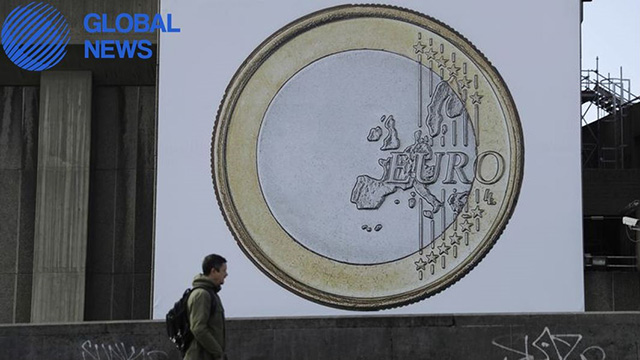
The EU has ramped up its spending over the last three years in an effort to turn itself into the fiscal powerhouse its most ardent supporters have always wanted it to be. There is a catch, however: it seemed to ignore how it would pay for it all, notes London ‘The Telegraph’.
Over the last week, bitter wrangling has broken out over some minor budget cuts, while the European Commission is struggling to build support for an extra €86bn (£74bn) on its budget. In reality, the EU is starting to run out of other people’s money – and very soon that is going to become painfully apparent.
There was the €750 billion-plus Coronavirus Recovery Fund, designed to help member states bounce back from the pandemic. There is a chips act, and a green industrial strategy, arguably designed to match President Joe Biden’s vast subsidies for alternative energies in the United States, as well as to reclaim control of the high-tech supply chains that industry depends on.
And to its credit, it has been sending significant sums of money to help Ukraine fight off Russian aggression, as well as, slightly less to its credit, indexing the salaries of all its officials to sky-high Belgium inflation (12.5pc at its peak earlier this year). It has even issued hundreds of billions worth of bonds. There has been a significant increase in its scope, powers, and spending.
Here’s the problem, however. The bills are finally starting to fall due. This week, the European Parliament criticised some very modest cuts to the 2024 spending programme, reducing it from €189bn to €187bn. But the real battle is gathering over the fiscal plans for the next four years.
In June, the Commission laid out plans for a €66bn increase in the 2021-2027 budget, as well an extra €20bn on top of that for helping Ukraine. The Commission hopes to have that agreed by the end of the year.
And yet, right now, none of the 27 members appear very keen to stump up the extra cash. It is not hard to understand why. For a start, it is not as if the money is spent very usefully.
All the major countries are in a tight financial position themselves. France recently saw its credit rating cut, and is struggling to balance its budget. Germany is performing worse than any other economy in the zone, and has just cut corporate taxes by €32bn to stimulate growth, while Italy has returned to the stagnation that has been a feature of its economy since it swapped the lira for the euro back in 1999.
This will be very hard to fix. The EU has already tried issuing its own debt, and while investors were happy enough to buy the one-off bonds, assuming that Germany and France were not about to allow the EU to go bust, it will be difficult to raise any more.
The UK, much as hardcore Remainers are reluctant to admit it, is well out of the whole mess.
The EU has been coasting on “other people’s money” for decades. But as spending rises, and as it attempts to further expand its power and influence, Brussels is beginning to run out.
read more in our Telegram-channel https://t.me/The_International_Affairs

 10:38 05.09.2023 •
10:38 05.09.2023 •






















